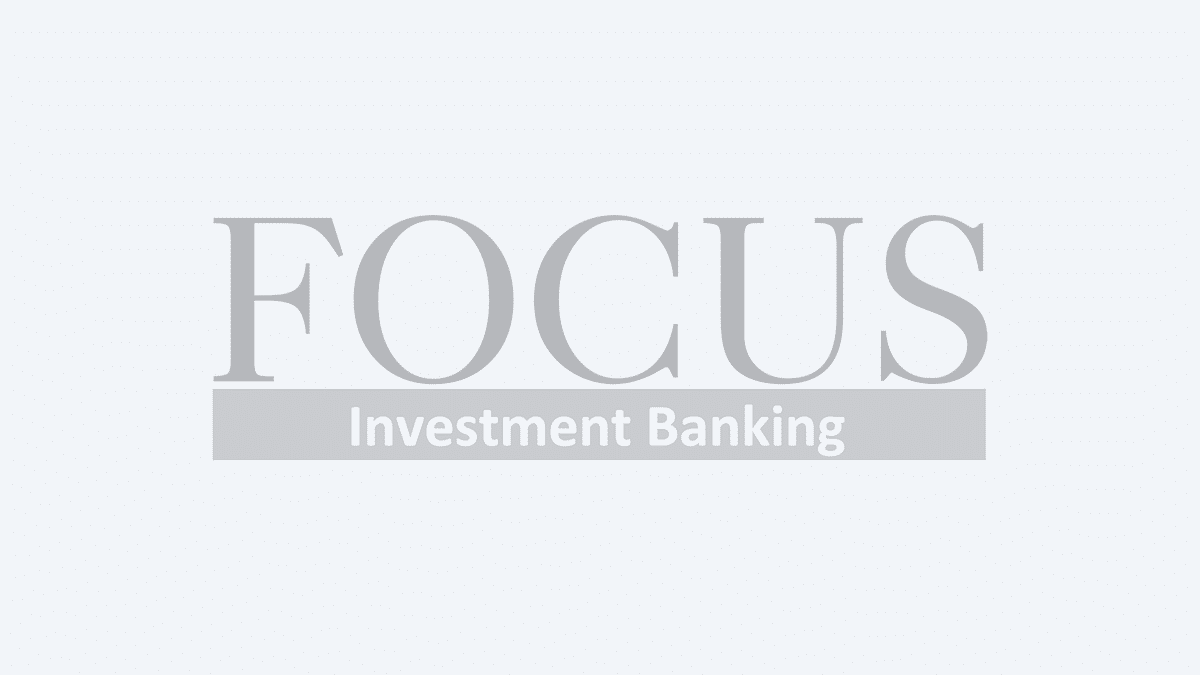
In my past life, I ran 10-store and 18-store tire districts out west and was part of a team that was in charge of 10 districts within a nationwide chain’s western zone. At each of those places, I’ve had discussions that went something like this, “Man, if we could only fix the San Mateo store, we’d be set,” or “If we could only fix the Denver market, then we’d be the most profitable zone in the company”.
But the reality is that once we had San Mateo doing better, the top guy in our Hayward location would quit and that store would fall apart. We improved Denver and then an earthquake would drive our southern California stores down. It was discouraging. Our business was never, ever truly “fixed.”
And even if we had the business “fixed” in our mind, there would always be room for improvement.
There is a wide disparity of performance among tire dealers. I’ve seen 15-store chains where the average annual sales per store were $1 million and I’ve seen others where the average annual sales per store were over $2 million. I’ve seen a single location tire store that did $1.5 million in annual sales and another in the same market reaching $7 million.
Thinking that one has it “fixed” might prevent a tire dealer from getting to that next, higher performance level.
There’s a better way to approach this issue and that is by embracing the concept of continuous improvement.
Continuous improvement theory stems from the work W. Edwards Deming did on quality in Japan after World War II. Deming believed that organizations needed to dedicate themselves to ongoing, consistent and continual improvement.
When I worked for a Japanese company, we had a policy called “Plan, Do, Check and Act” and that was how we approached everything. All of this is designed to bring incremental, gradual, ongoing improvements through careful planning, testing, measurement and implementation. With continuous improvement, you never take your eye off the ball.
To make continuous improvement work, it needs to be ingrained in a company’s culture and it must become part of how one does business. It becomes part of annual employee evaluations. It becomes part of the compensation and bonus plan. It becomes part of how any new strategic initiative is approached. In other words, it becomes a way of life.
Not to get too philosophical here, but It’s an acknowledgment that life is a journey, not a destination. Too often, the focus is on getting a result and not enough focus is placed on the process of getting there. Instead, by focusing on improving the process, satisfactory results will follow.
Continuous improvement also can prevent one from doing big, stupid things. A company that truly embraces continuous improvement can take on bold new initiatives without killing their core business along the way. “Plan, Do, Check and Act” prevents that from happening.
In the tire business, there are three primary areas in which continuous improvement should be focused: human resources (people), your service delivery system (process) and marketing (promotion, price, place and product.)
It goes without saying that your employees are your most valuable assets. Getting the right team in place, training potential replacements and building bench in every store positions you for better and more consistent results.
Next, analyzing your service delivery process and measuring how well and how efficiently your team implements it every day can mean greater throughput, higher quality, happier customers and higher sales and profits.
Then, after HR and service delivery are being worked on and improved, you can finally turn up the store traffic/customer count. Measure how well your promotional dollars are being spent to get more bang for your buck. Test price elasticity to improve your profit margins without losing customers. Make your stores a consistently more pleasant environment every day. And play with the product assortment and service mix, with an eye towards higher margins and gross profit dollars.
Why does all this matter? It matters because at some point you might want to sell that business. If you’ve taken your eye off the ball, that job gets harder.
I run across businesses that are doing great and businesses that are doing not so great. The ones that are doing great can go to market right away and the end result is usually pretty good. The ones that are doing not so great need a short-term “fix” or they won’t get the maximizing result.
If you embrace continuous improvement, you’re always ready for what’s ahead.













